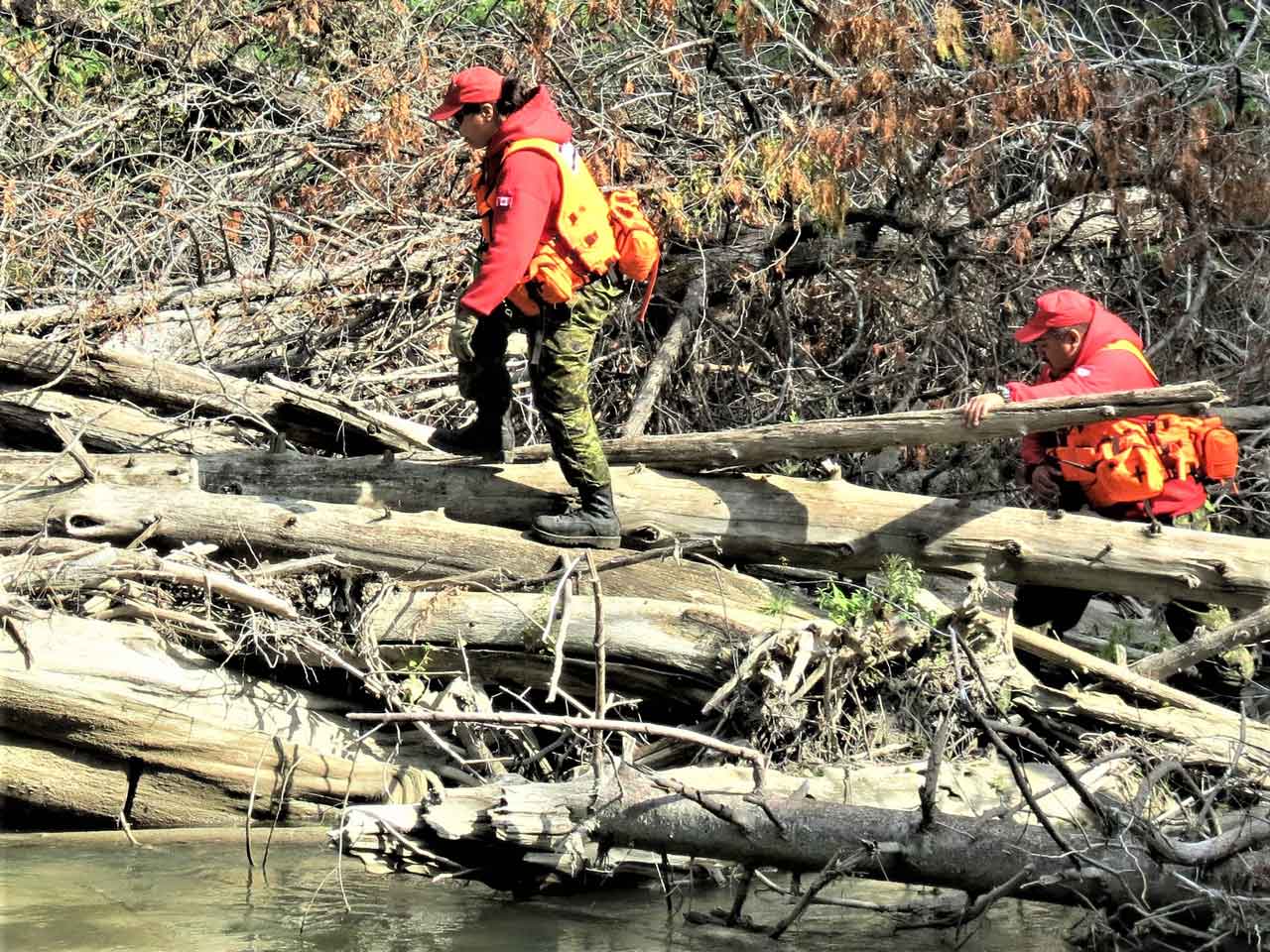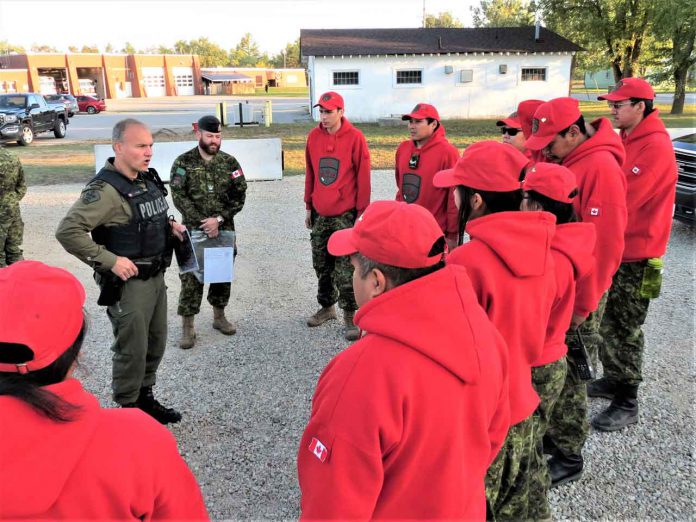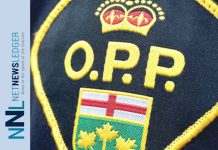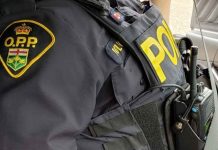By Peter Moon
A group of Canadian Rangers from five First Nations from across the Far North of Ontario have completed a challenging Ontario Provincial Police search and rescue course.
The two-week course is the same search and rescue training that members of the OPP’s elite emergency response teams have to take as part of their specialist training.
“This is very demanding training with long days that challenges them both mentally and physically,” said Warrant Officer Daniel Stortz, a Canadian Army instructor. “We conduct searches on behalf of the OPP in Northern Ontario. With Rangers completing this training the OPP knows the Rangers have completed the same training as the OPP’s ERT members have and will operate in the same way.”
The Rangers, who are part-time army reservists, have a unique relationship with the OPP. They are the only Rangers in Canada who receive police training in search and rescue and have a formal agreement to do search and rescue on behalf of the police. The OPP is the lead agency for search and rescue in Ontario, a role assumed by the Quebec provincial police in Quebec and the RCMP in the rest of Canada.
While the OPP has prime responsibility for search and rescue in Ontario, assembling a trained OPP search and rescue team and getting a plane to fly it into a remote First Nation may take up to eight hours or longer, depending on the weather, said Sergeant John Meaker, the OPP’s provincial search and rescue co-ordinator. By then, he said, the Rangers have usually found the missing person or persons.
There are more than 600 Rangers in 27 remote and isolated First Nations in Northern Ontario. Since 2015 the Rangers have rescued more than 100 people.
The Rangers’ training took place at Canadian Forces Base Borden, near Barrie, and was conducted in both classrooms and outdoors, in daylight and at night, and in various locations around the large base. It concluded with two realistic exercises on the base’s Pine River and in Mono Cliffs Provincial Park. The challenges in the park included a day of navigating in open spaces, a swamp, and woods, and climbing steep cliffs.

“I’m glad I came for this, I’ve learned a lot,” said Master Corporal Pamela Chookomoolin from Peawanuck, a small Cree community near the Hudson Bay coast. “A lot of our people go on the land and their snow machines break down, or there’s a blizzard and they are overdue, or there’s an emergency of some kind and we have to go out and look for them. I’ve done searches myself.”
She said she will be the third Ranger in her local patrol to complete the OPP training.
The course puts a heavy emphasis on being able to correctly read a map and compass and how to use a GPS device. “We have to be really precise when we plot (map) bearings,” she said. “Before I would just a make a big circle.”
She has done searches where the Ranger search party had to communicate with military search aircraft. The OPP training will allow her to give more precise information about locations to the pilots, she said.
Sergeant Meaker of the OPP said the Rangers impressed him with their desire to help the members of their communities when they go missing. ‘They have a quiet strength in them,” he said. “You can really see that they have a sense of community and want the best for everyone in their communities and they are willing to sacrifice their time and energy to do that.”
He said their abilities on the land are also impressive. “They are good on the land,” he said. “I would say they are gifted that way. They are very relaxed and at ease in the woods.”
(Sergeant Peter Moon is the public affairs ranger for the 3rd Canadian Ranger Patrol Group at Canadian Forces Base Borden.)








